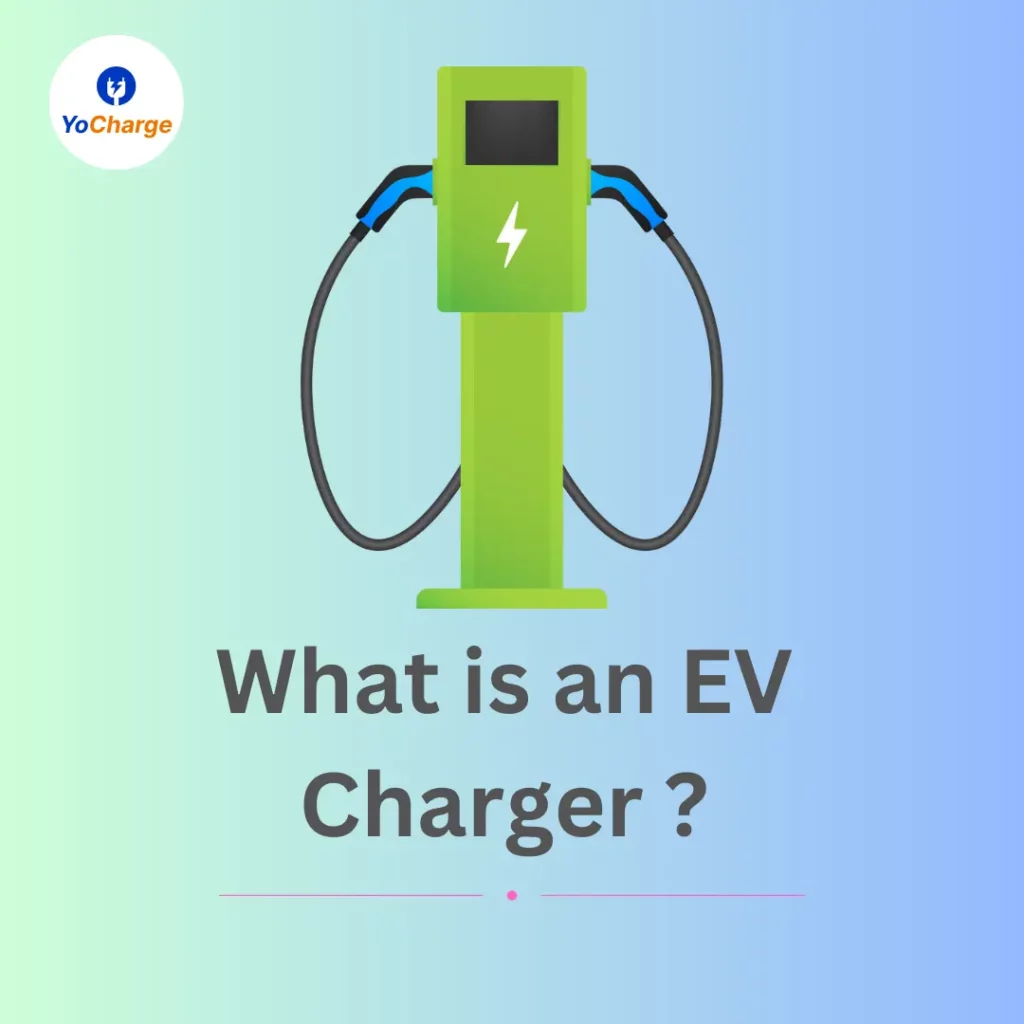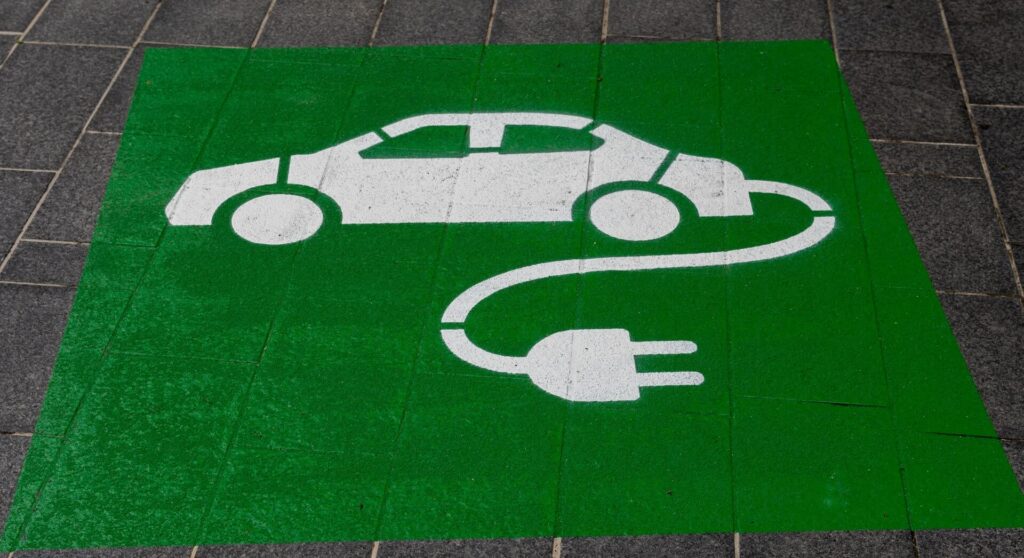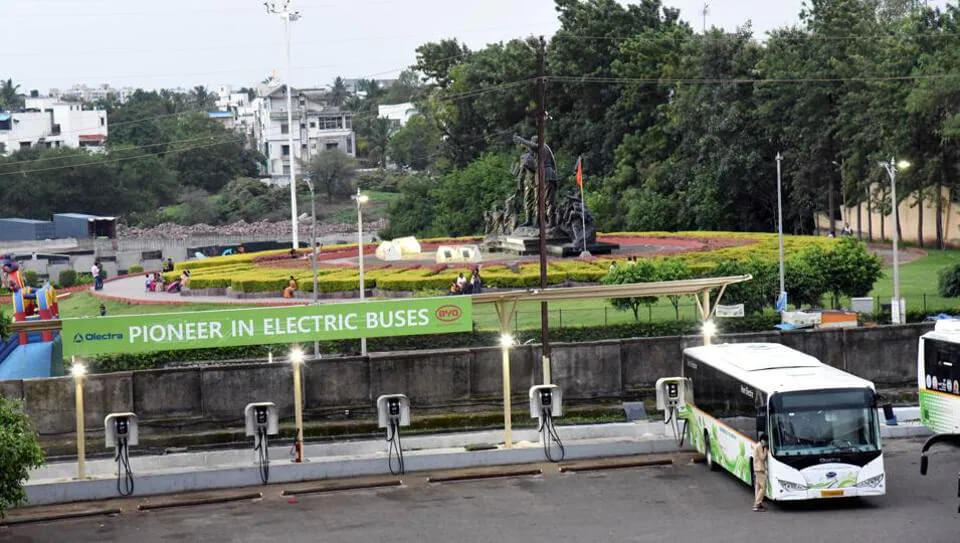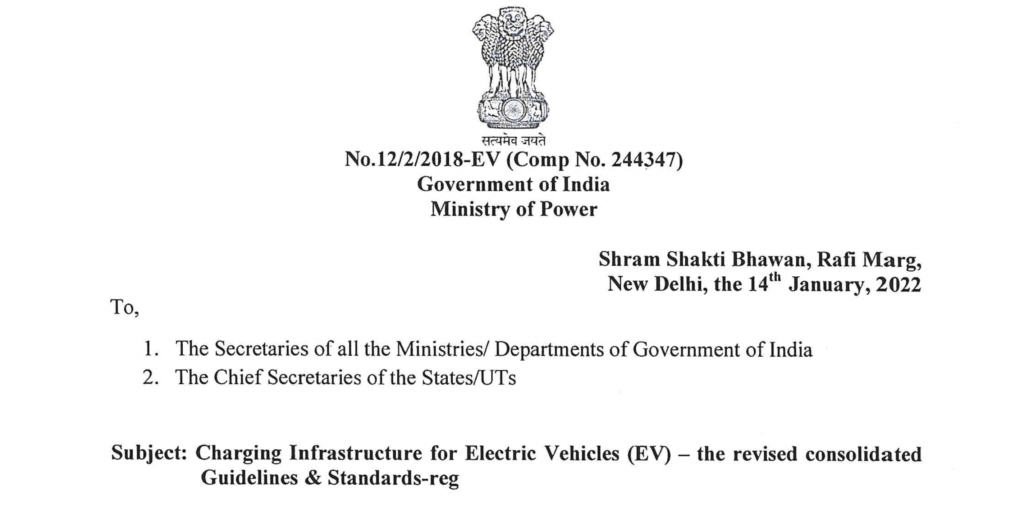In an effort to support the EV industry, the Tamil Nadu government released its electric vehicle (EV) policy 2023, which intends to attract investments worth Rs 50,000 crore and create 1.50 lakh employment. At the Secretariat, Chief Minister M. K. Stalin officially announced the new policy in front of government representatives.
The development of Tamil Nadu’s EV manufacturing industry is supported by the state’s strong links in the automotive supply chain. Large automobile OEMs like Hyundai, Nissan, TVS, Mahindra, and Daimler are all present in Tamil Nadu, demonstrating the State’s strength as a center of the automotive manufacturing industry. 32% of India’s automotive exports are manufactured in Tamil Nadu and the effect of the Tamil nadu EV Policy seems to have a significant impact on the Indian EV market.
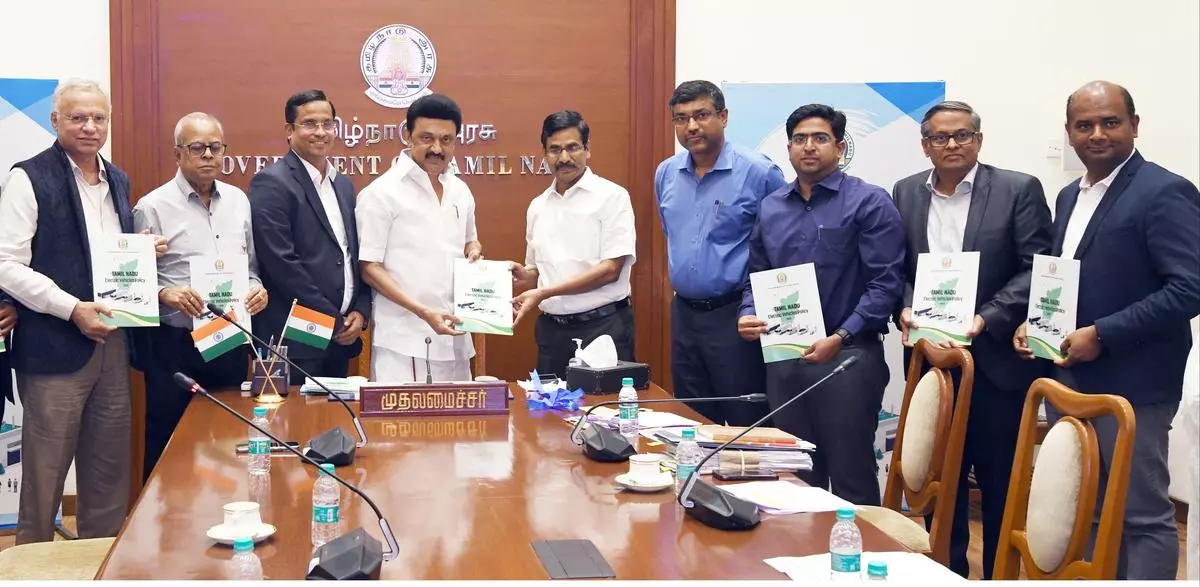
Salient features of Tamil Nadu EV Policy 2023
1. Objectives
The Tamil Nadu government has a target of attracting Rs. 50,000 crore in investments in EV production, producing 1.5 lakh new jobs throughout the policy period, and building a strong EV ecosystem in the State.
- By developing robust infrastructure and industrial ecosystem make the state the preferred EV manufacturing destination in South East-Asia
- Increase EV adoption in Tamil Nadu
- Promote innovation and R&D, and raise the workforce in the EV ecosystem
- Promote the electrification of fleets for both commercial and public transportation
2. Incentives and Subsidies of Tamil Nadu EV Policy 2023
i) Investment Promotion Subsidy
According to their eligibility, new or expanded projects in the state that manufacture electric vehicles, electric vehicle components, electric vehicle supply equipment (EVSE), or electric vehicle charging infrastructure may take advantage of incentives under one of the four below.
- Reimbursement of SGST: EV manufacturers eligible for 100% SGST reimbursement for 15 years upon meeting investment and employment criteria.
- Turnover-based Subsidy: New/expansion projects in EV-related industries eligible for up to 2% subsidy of annual turnover for 10 years.
- Capital Subsidy: New/expansion projects in EV-related industries eligible for 15% capital subsidy disbursed in 10 annual installments.
- Special ACC Capital Subsidy: New/expansion projects in EV battery and advanced chemistry cells manufacturing eligible for 20% special capital subsidy disbursed in 15 or 10 annual installments, respectively, upon meeting investment and employment criteria.
ii) Inclusion of R&D in Eligible Fixed Assets (EFA)
- EFA in Tamil Nadu’s Industrial Policy 2021 includes investment in R&D, such as land, building, plant, and machinery, to encourage R&D in EV manufacturing.
- The following intangible R&D-related expenses are also included in EFA, subject to a ceiling of up to 20% of EFA:
- Expenditure on new R&D, such as test and measuring instruments, prototypes for testing, design tools, software costs directly used for R&D, and expenditure on technology, IPR, patents, and copyrights for R&D.
- Expenditure related to Transfer of Technology (ToT) Agreements, including the cost of technology and initial technology purchase related to the manufactured goods that are related to manufacturing and R&D in electric vehicles.
- 50% of the total cost incurred by the project for obtaining certifications from certified agencies such as ARAI, ICAT, or any other national or international agencies, as certified by a Chartered Accountant, is reimbursed, limited to Rs. 1 crore for the period of investment during the policy period.
iii) Interest Subvention
For actual term loans acquired for the purpose of completing the project, the Government of Tamil Nadu would offer a 5% interest subsidy as a rebate on the rate of interest for a period of six years, subject to the restrictions listed in the table below.
| Investment Range (Rs in crore) | Maximum Interest Subvention Period | Ceiling per annum (Rs) |
| 50-300 | 6 | 5 lakhs |
| 300-500 | 6 | 20 lakhs |
| 500-5000 | 6 | 1 crore |
| 5000+ | 6 | 4 crore |
iv) Tax benefits
- Electricity Tax exemption: projects in the state of Tamil Nadu that purchase electricity from the Tamil Nadu Generation & Distribution Corporation Limited (TANGEDCO) or generate and consume electricity from captive sources will be eligible for a 100% exemption on electricity tax for a duration of 5 years.
- Exemptions and waivers of the road tax and registration fees:
- 100% road tax exemption till 31.12.2025 for EV battery-operated vehicles including two-wheelers, private cars, three-seater auto-rickshaws, transport vehicles, light goods carriers, and buses.
- Waiver on Registration charges/fees till 31.12.2025 for EV battery-operated vehicles including two-wheelers, private cars, three-seater auto-rickshaws, transport vehicles, light goods carriers, and buses.
- Waiver on Permit Fees till 31.12.2025 for EV battery-operated vehicles including auto-rickshaws, transport vehicles, light goods carriers, and buses.
v) Public charging stations
Businesses that set up public charging stations in Tamil Nadu while adhering to the norms and criteria established by the Indian Ministry of Power are eligible for a 25% subsidy on the cost of the equipment and machinery they purchase during the policy term.
| Type | Incentive(Rs.) | Number of Public Charging Stations to be incentivized |
| Fast charging station | Up to Rs 10,00,000 | 200 |
| Slow charging station | Up to Rs 1,00,000 | 500 |
vi) Employment incentive
Projects will be reimbursed for the employer’s contribution to the EPF for new jobs created in Tamil Nadu during the policy period. The incentive, not exceeding Rs. 48,000 per employee, will be paid for a year.
vii) Transition support
Companies can get up-skilling allowance for up to 10% of their existing workforce on the EV production line. The transition support comes in the form of a training subsidy of Rs. 4,000 per worker per month for six months for residents of Tamil Nadu, and Rs. 6,000 per worker per month for women, transgender employees, persons with disabilities, and persons from SC/ST communities.
